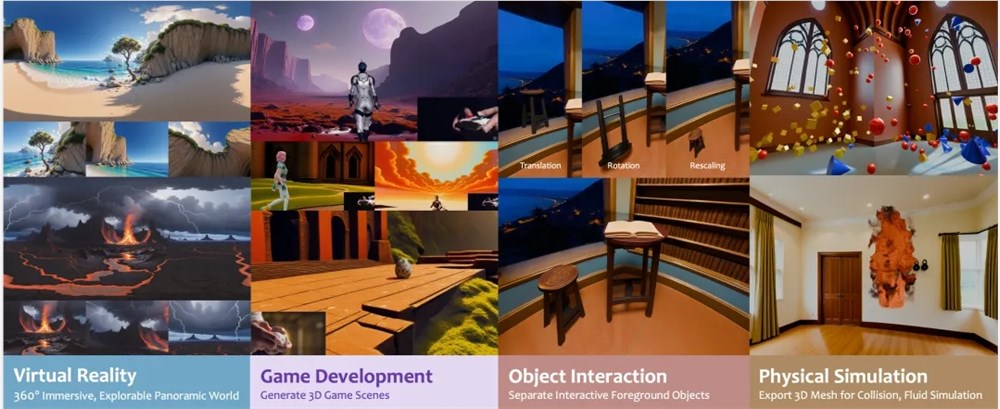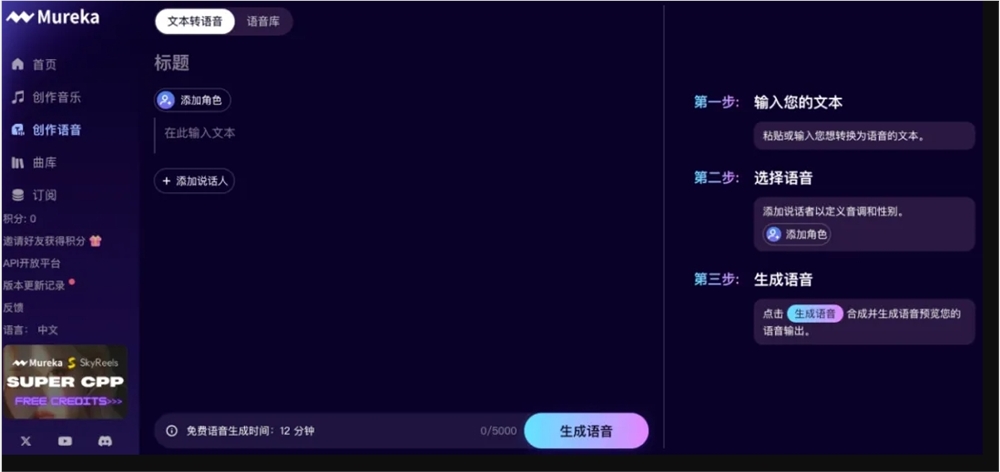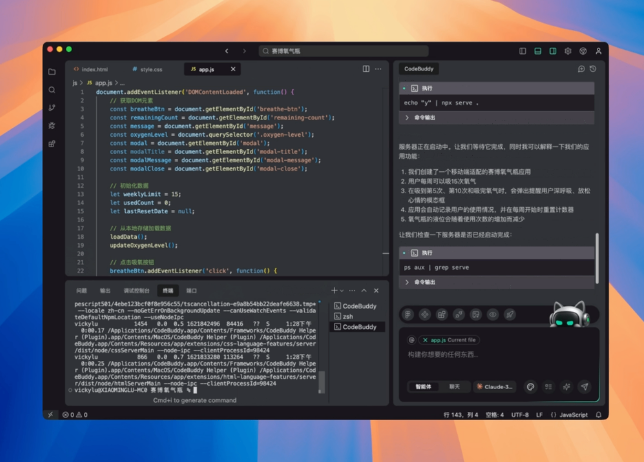Tencent Music Entertainment Group recently announced that it would acquire China's leading long-form audio platform, Himalaya, for $1.26 billion in cash and part of its equity, making it a wholly-owned subsidiary. This highly anticipated merger not only reshapes the competitive landscape of China's audio market but also foretells a new trend of deep integration between "ear economy" and AI technology.
According to the announcement, Tencent Music will not only pay a huge sum of money but also provide A-class common stocks with no more than 5.5686% of the total shares in stages to Himalaya and its founding shareholders. After the transaction is completed, Himalaya will officially become a wholly-owned subsidiary of Tencent Music.
In response to this merger, Himalaya stated that the handover will be officially completed after all preconditions are met, and the expected cycle is one year or longer. During this transition period, Himalaya will continue to operate independently as an independent entity while committing to maintaining its brand unchanged, independent product operation, and keeping its core management team and strategic direction unchanged.

The core logic behind this strong alliance lies in the deep complementarity of their resources. Tencent Music owns popular music streaming platforms such as QQ Music and Kuwo Music, with a vast user base; while Himalaya has been deeply rooted in the long-form audio field, accumulating rich experience in audiobooks, podcasts, knowledge payment content, etc., firmly occupying the leading position in the "ear economy". Their combination is expected to create a comprehensive audio content ecosystem covering music, audiobooks, podcasts, and other categories.
Himalaya's co-founder mentioned in the internal letter that this acquisition is a positive response to the profound changes in the current content industry. Facing multiple challenges such as fragmented attention, shifting creation paradigms, and reconstructed value recognition, this cooperation will bring new growth opportunities to the platform.
It is worth noting that AI has become the core keyword in Himalaya's development strategy after the merger. Himalaya emphasized many times in the internal letter that "AIGC reconstructs the paradigm of content production", "embraces AI technology, leads the industry transformation", and expressed its continuous commitment to deeply integrating AI tools with the creative ecosystem, considering AI as the "accelerator of creation".
Industry insiders generally believe that the marriage between Tencent Music and Himalaya not only profoundly changes the competitive landscape of China's audio market but also marks the acceleration of the trend of deep integration between AI technology and audio industry. Whether they can work together to create a new content ecosystem and lead industry development remains worthy of continued attention.










